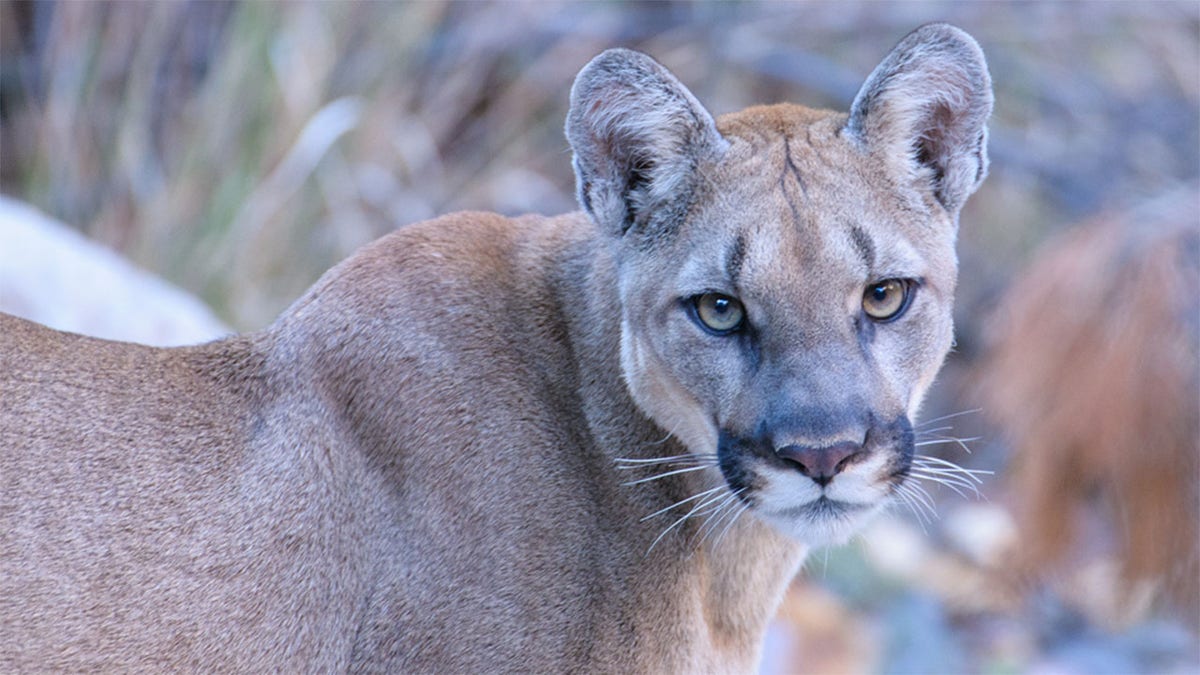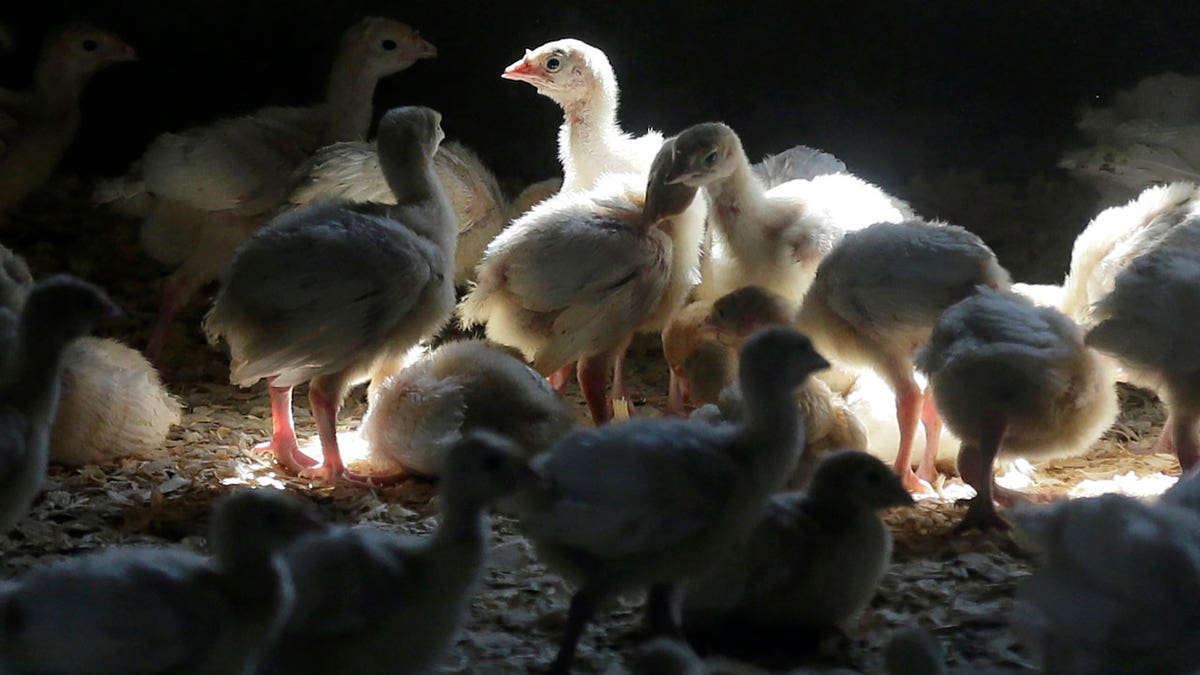Chicken flocks decimated by avian flu: Ramen supply chain VP Lydia Wardle
Lydia Wardle, JINYA Ramen Bar supply chain vice president, lays out the issues behind the egg shortage and the far-reaching costs on ‘Fox News @ Night.’
The Eurasian strain of the highly pathogenic avian influenza has been detected in two mountain lions in California, wildlife health experts confirmed Tuesday.
The California Department of Fish and Wildlife said the remains of two mountain lions — a mother and its female cub — were collected from Mono Lake in Mono County in December and January.

A California mountain lion (nps.gov)
Samples were submitted to the California Animal Health and Food Safety Laboratory in Davis for preliminary testing. The U.S. Department of Agriculture’s National Veterinary Services Laboratories confirmed the detection of avian influenza last week.
The mountain lions are the second species of wild mammal known to have contracted the avian influenza, or HPAI H5N1, in California since the virus was reported in wild birds in July 2022. To date, the virus has been found in 45 counties statewide, CDFW said.
YOUTH UN ADVISER SAYS CLIMATE CHANGE NEEDS TO BE TREATED LIKE COVID-19: ‘AN EMERGENCY’

Over 700,000 game fowl were killed after reported avian flu cases in Iowa led to the anticipated slaughter of an entire turkey flock. (AP Photo/Charlie Neibergall, File)
Dr. Jaime Rudd, a pesticide and disease investigations specialist in CDFW’s Wildlife Health Lab said researchers don’t expect the avian influenza to have a "population-level" impact on California’s mountain lions or other mammalian carnivores.
"The main route of disease transmission of carnivores seems to be through ingestion of infected birds, typically waterfowl such as geese," Rudd said. "Biologists following the movements of these mountain lions noted that they had preyed upon wild Canada geese in the past."
CDFW says infection of wild mammals with avian influenza viruses is relatively rare. Sporadic detections have been made in mammalian carnivores in the U.S. and Canada, including foxes, bobcats, raccoons, skunks and bears.

In this photo released by the Cambodia Ministry of Health, a Cambodia animal health officer, right, and a military police officer place posters about awareness of H5N1 virus threats in hopes of educating villagers to take care of their health in Prey Veng eastern province Cambodia, Feb. 23, 2023. (Cambodia Ministry of Health via AP)
The detection comes as an ongoing bird flu outbreak has cost the government more than $660 million and added to consumers’ pain at the grocery store after more than 58 million birds were slaughtered to limit the spread of the virus.
CLICK HERE TO GET THE FOX NEWS APP
In addition to the cost of the government response that the USDA accumulated and rising prices for eggs, chicken and turkey, farmers who raise those animals have easily lost upward of more than $1 billion, according to some estimates.
The Associated Press contributed to this report.



